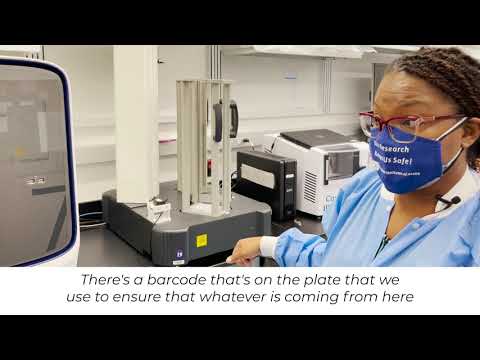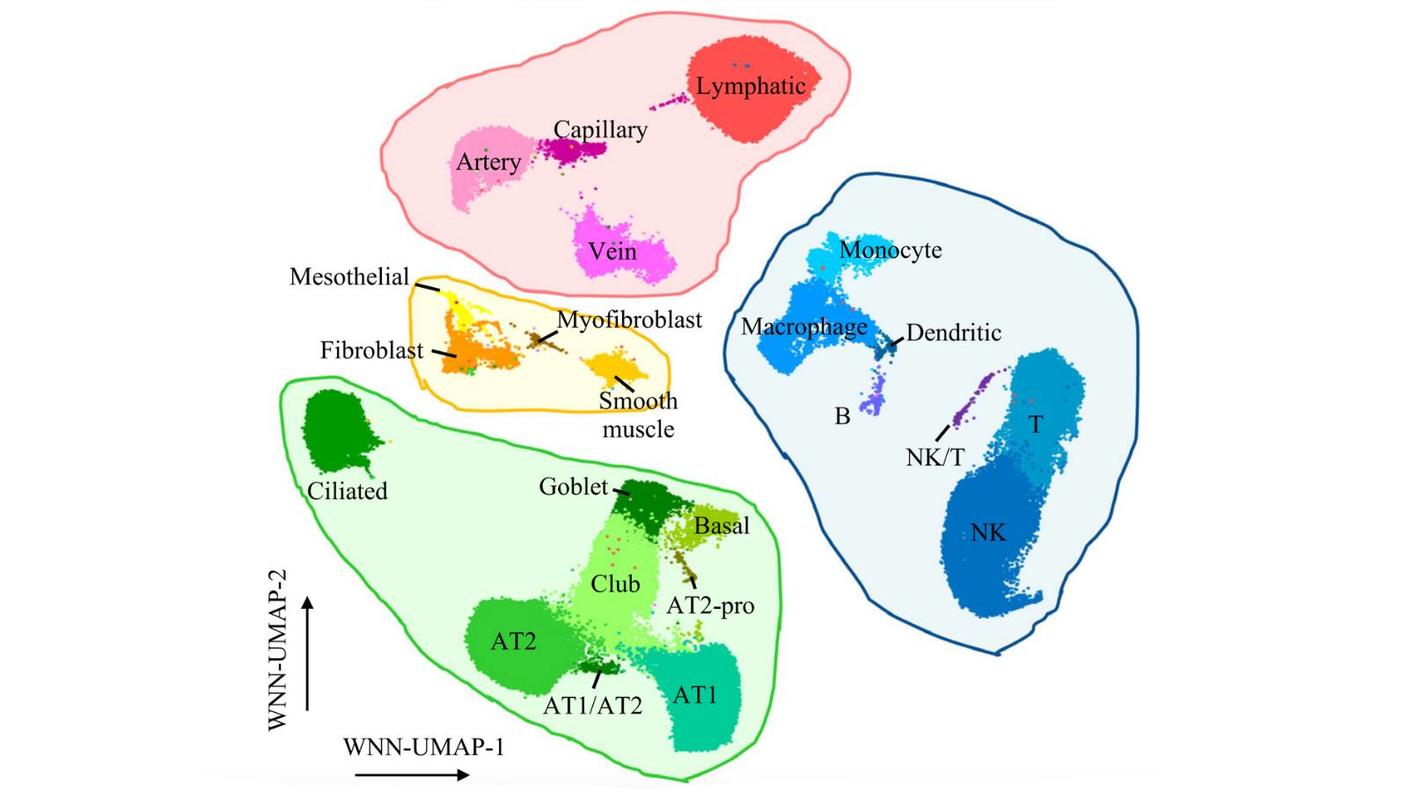Laboratory of Translational Genomics

Understanding the contribution of genetic variation to cancer etiology and outcomes
The Laboratory of Translational Genomics (LTG) conducts studies on germline and somatic genetics of cancer, including analyses of regions of the human genome conclusively identified in cancer-specific genome-wide association studies (GWAS) and family-based studies.
Research Mission
The mission of the LTG is to understand the contribution of germline and somatic genetic variation to cancer etiology and outcomes and to elucidate underlying molecular mechanisms of these associations. Our primary goals are to:
- Detect cancer susceptibility alleles across multiple cancer types and ancestries
- Fine-map susceptibility alleles using sequencing, genotyping and imputation based on data from public databases
- Prioritize candidate variants for follow-up studies through bioinformatics analyses
- Decipher the biological mechanisms underlying susceptibility alleles through laboratory investigation
- Establish genomic resources representing diverse ancestries and cancer sites to facilitate cancer genomics research
- Integrate cutting-edge, high-throughput functional genomics approaches in genetic/epidemiologic studies
Research Laboratories
Each LTG investigator heads a laboratory focused on specific research.
- The Laufey Amundadottir Laboratory investigates genetic risk for pancreatic cancer.
- The Kevin Brown Laboratory focuses on understanding genetic susceptibility to melanoma.
- The Jiyeon Choi Laboratory focuses on understanding genetic susceptibility to lung cancer and melanoma.
- The Michael Dean Laboratory focuses on inherited (germline) genetic variation, and somatic mutations in tumors, and the combined effect of both on cancer risk, progression, and response to therapy.
- The Ludmila Prokunina-Olsson Laboratory explores the connections between GWAS-identified genetic susceptibility variants and molecular phenotypes of importance for cancer.

Tour of the Laboratory of Translational Genomics (LTG)
Join Francine Baker, M.S., predoctoral fellow, and Ludmilla Prokunina-Olsson, Ph.D., LTG Director, and Senior investigator, on a tour of the laboratory.
Fellowships
LTG accepts fellowship applications on an ongoing basis. Meet the current LTG fellows and learn about research training opportunities in LTG.
LTG Highlights
View a list of LTG publications.
- Long E, […] Choi J. Context-aware single-cell multiomics approach identifies cell-type-specific lung cancer susceptibility genes. Nature Commun. 2024.
- Twelve Lung Adenocarcinoma Risk Variants Identified for East Asian Individuals
- Choi J, Zhang T, [...] Brown, K. Massively parallel reporter assays of melanoma risk variants identify MX2 as a gene promoting melanoma. Nature Commun. 2020.
- Gadalla SM [...] Prokunina-Olsson L. Association of donor IFNL4 genotype and non-relapse mortality after unrelated donor myeloablative haematopoietic stem-cell transplantation for acute leukaemia: a retrospective cohort study. Lancet Haematology. 2020.
- Onabajo, OO, Banday, AR, Stanifer, ML, et al. Interferons and viruses induce a novel truncated ACE2 isoform and not the full-length SARS-CoV-2 receptor. Nat Genet. 2020.
- Zhong J, Jermusyk A, Wu L, […] Amundadottir LT. A Transcriptome-Wide Association Study Identifies Novel Candidate Susceptibility Genes for Pancreatic Cancer. J Natl Cancer Inst. 2019.
- Zhang T, Choi J, Kovacs MA, […] Brown KM. Cell-type-specific eQTL of primary melanocytes facilitates identification of melanoma susceptibility genes. Genome Res. 2018.
- Petrovics G, Price DK, Lou H, […] Dean M. Increased frequency of germline BRCA2 mutations associates with prostate cancer metastasis in a racially diverse patient population. Prostate Cancer Prostatic Dis. 2018.
- Zhang M, Lykke-Andersen S, Zhu B, […] Amundadottir L. Characterising cis-regulatory variation in the transcriptome of histologically normal and tumour-derived pancreatic tissues. Gut. 2018.
- Tang W, Wallace TA, Yi M,[…] Prokunina-Olsson L, Ambs S. IFNL4-ΔG Allele Is Associated with an Interferon Signature in Tumors and Survival of African-American Men with Prostate Cancer. Clin Cancer Res. 2018.
